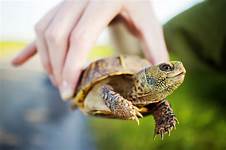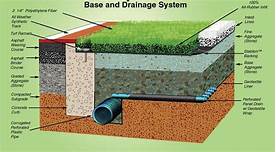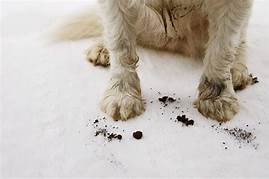How to Care for a Pet Turtle
Turtles can make great pets, but they require a specific set of care to stay healthy and happy. Here are some tips on how to care for a pet turtle:

Enclosure
Turtles need a secure and spacious enclosure that meets their specific needs. The enclosure should be at least twice as long and wide as the turtle's shell and should be tall enough to allow the turtle to stand up on its hind legs without touching the top. The enclosure should also have a secure lid to prevent the turtle from escaping.
Substrate
The substrate is the material that lines the bottom of the turtle's enclosure. It should be absorbent and easy to clean. Some good options for substrate include:
1. Reptile carpet: Reptile carpet is a synthetic material that is available in a variety of colors and patterns. It is easy to clean and can be reused multiple times.
2. Aspen shavings: Aspen shavings are a natural substrate that is safe for turtles. They are absorbent and help to control odors.
3. Cypress mulch: Cypress mulch is another natural substrate that is safe for turtles. It is also absorbent and helps to control odors.
Temperature
Turtles are cold-blooded animals, so they rely on their environment to regulate their body temperature. The ideal temperature range for a pet turtle is between 75 and 85 degrees Fahrenheit. The basking area should be warmer, around 90-95 degrees Fahrenheit.
Lighting
Turtles need both ultraviolet A (UVA) and ultraviolet B (UVB) light in order to stay healthy. UVA light helps turtles regulate their calcium metabolism, while UVB light helps them produce vitamin D3, which is essential for bone growth. A good way to provide your turtle with the necessary lighting is to use a reptile UVB lamp. These lamps can be purchased at most pet stores.
Diet
The diet of a pet turtle will vary depending on its species. Aquatic turtles are omnivores and will eat a variety of foods, including fish, shrimp, insects, and vegetables. Terrestrial turtles are primarily herbivores and will eat a variety of plants, including grasses, leaves, and flowers. It is important to feed your turtle a diet that is appropriate for its species and to avoid feeding it foods that are high in sugar or fat.
Water
Turtles need access to clean, fresh water at all times. The water should be deep enough to allow the turtle to submerge its entire body, and it should be changed regularly to prevent it from becoming contaminated.
Health
It is important to take your turtle to the veterinarian for regular checkups. The veterinarian can help you monitor your turtle's health and ensure that it is getting the care it needs. Some common health problems that turtles can develop include:
1. Shell rot: Shell rot is a bacterial infection that can cause the turtle's shell to become soft and deformed.
2. Respiratory infections: Respiratory infections can be caused by a variety of factors, including bacteria, viruses, and fungi.
3. Eye infections: Eye infections can be caused by a variety of factors, including bacteria, viruses, and parasites.
By providing your pet turtle with the proper care, you can help it live a long and healthy life.Declaration: All article resources on this website, unless otherwise specified or labeled, are collected from online resources. If the content on this website infringes on the legitimate rights and interests of the original author, you can contact this website to delete it.




